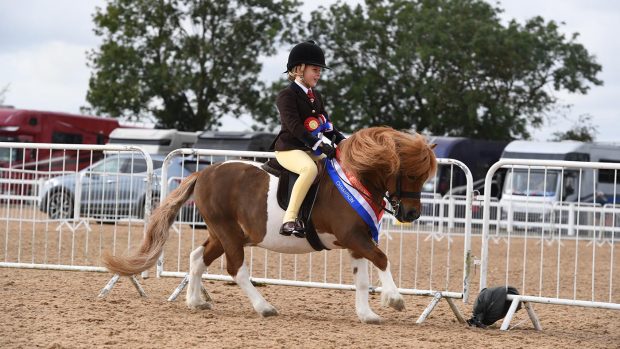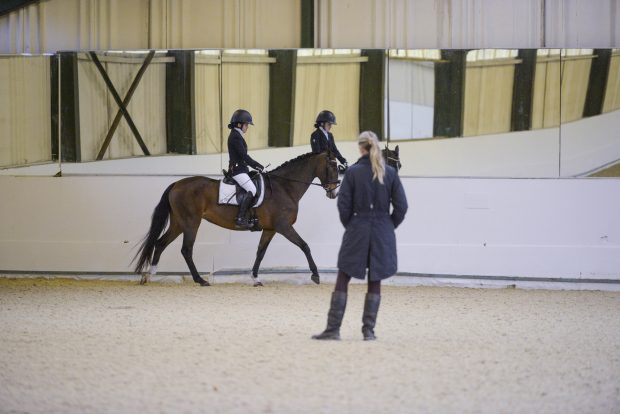View horses for sale
More articles on equine castration
Q: Six months ago I bought a two-year-old Arab gelding. I put him out with my mare and he began to act in a coltish way, biting and mounting her.
At first I put his behaviour down to the fact that he is a young Arab but when it persisted I decided to get my vet out to take a look at him. He says my horse is a rig and still has one testicle.
His previous owner told me the horse had been castrated before she bought him. Her own vet had carried out a blood test which showed my horse was a gelding.
I’ve now got to pay to have him castrated properly and there’s a chance my mare could be in foal. I have already spent quite a lot of money on him because he injured his leg badly trying to get into another field full of mares.
I still have the original advert which states that he is a gelding with a superb temperament. Please can you tell me where I stand legally?
A: The facts of this case are extremely unusual, so the legal position is far from straightforward.
When the “for sale” notice was published advertising an “Arab gelding with a superb temperament”, the seller was making a statement or representation which induced you into agreeing to buy the horse. But as the horse had not been properly gelded and still had one remaining testicle, the advert was untrue and the seller now faces a potential action of having made a “negligent misrepresentation”.
The crucial point to note is the distinction between the contractual terms and representations. Was the fact the horse was a gelding such an important partof the advert that if you had known the horse was a rig, you would have changed your mind?
Alternatively, can it be said that the statement was a general description upon which it was unreasonable to expect a prospective purchaser to attach any great importance?
Clearly, if the advert was a term of the agreement, then the seller was in breach of contract. On the other hand, if the statement didn’t form part of the contract but was sufficiently important for the purchaser to placedue reliance upon it, then it would amount to a representation.
Arguably, there is a world of difference between an advert which states “I believe that the horse is a gelding” and one which states matter of fact “two-year-old Arab gelding”.
The seller may say in their defence they made the statement in good faith and as a result of a vet’s report. If this is the case, then a court would need to decide whether the representation in the advert was made:
- Innocently: based on a genuine but mistaken belief.
- Fraudulently: with the intention to deceive.
- Negligently: if made negligently the purchaser would need to establish that the seller, on making the statement, failed to take reasonable steps to ensure that the statement was true.
The seller could bring an action of contract and/or negligence against the vet who failed to carry out castration with the degree of care and skill required, if they can trace him.
In short, the facts of the case will turn on whether the statement made in the advert was one of fact or mere opinion and also whether it was reasonable to place due reliance upon the facts prior to agreeing to purchase the horse.
So far there is no established case law to hold a person liable for a negligent misrepresentation where a statement of fact (rather than an opinion) is made through an advert.
In this case a statement turned out to be untrue, so it’s arguable that there is an actionable misrepresentation, even though the seller may not have been intending to deceive.
It’s not unreasonable for a person intending to purchase a horse to place due reliance on the words in an advert. And, although there was a legal obligation for you to inspect the horse before buying him, it is unlikely that the remaining testicle would have been in evidence at the time.
Remedies for negligent misrepresentation can be claimed through the County Court (Small Claims Track Procedure) for claims under £5,000 which will include compensation for additional expenses incurred.
The amount of the court fee would depend on the amount of damages being claimed and could range from £20 to £100, just to issue proceedings.
There is no remedy for innocent misrepresentation and if this is the case you may find you have no choice but to pay for the “correction” operation yourself. I suggest you seek legal advice before taking further action.
Find horses for sale near you
Looking for more articles on equine castration?
Buying a new horse? Compare insurance prices at horseandhound.co.uk/insurance




